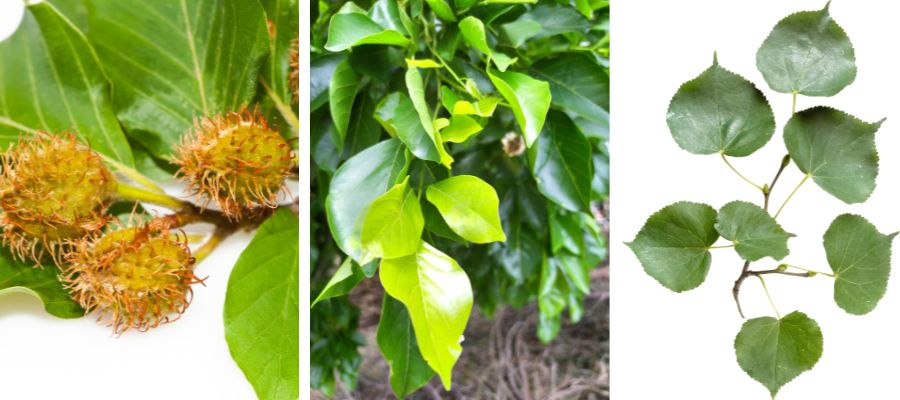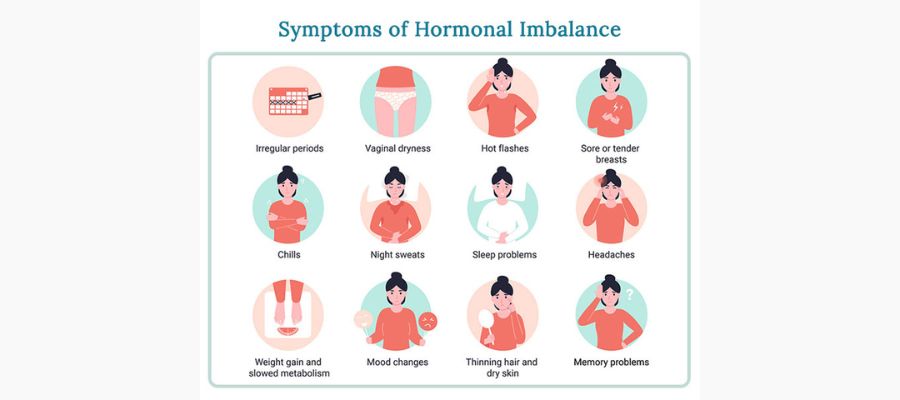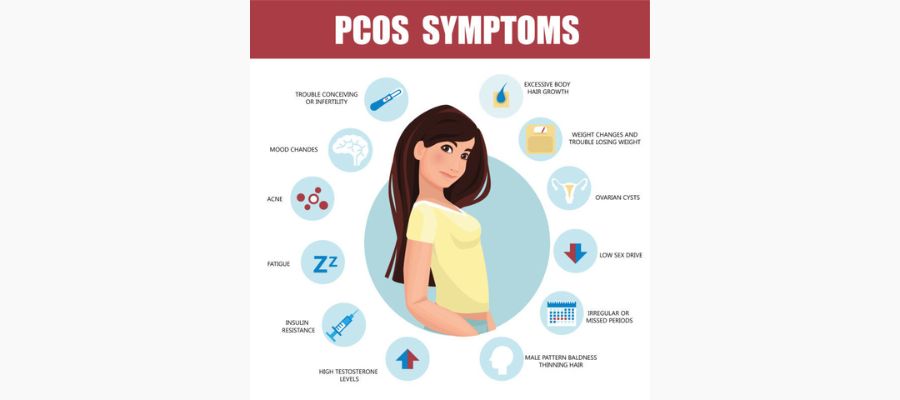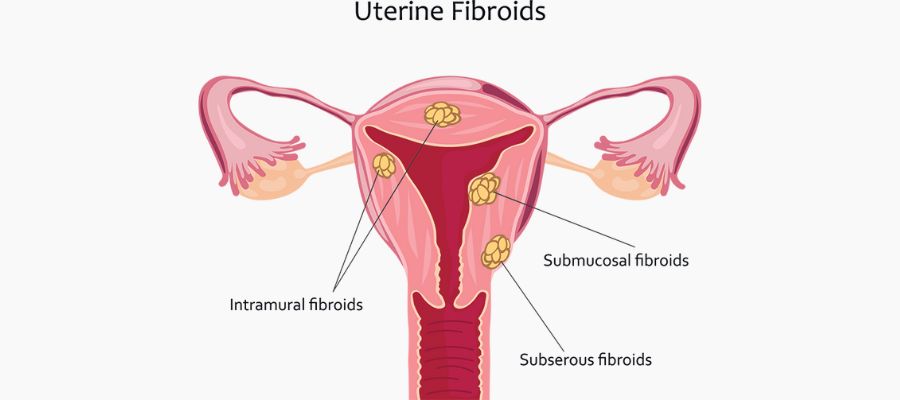
SCIENTIFIC NAME: Commiphora wightii
HINDI NAME: Guggul, Pura
ENGLISH NAME: Indian Bdellium
FAMILY: Burseraceae
SHORT DESCRIPTION
Guggul is made from the sap (gum resin), a mixture of oil and a yellowish or brownish fluid secreted by the plant stem or bark. Guggul can aggravate pitta, especially when combined with a lifestyle that aggravates pitta. Sour foods, alcohol, prolonged exposure to the sun, anger, and excessive sexual activity should all be avoided while taking guggul. Guggul's pungent, bitter, and astringent flavours, as well as its heating energising properties, help to clear excess kapha from the system.
USES & HEALTH BENEFITS
- Detoxifies the body
- Immunity booster
- Natural analgesic
- Keeps cholesterol level in-check
- Increases metabolism
- Aids in weight management, especially obesity
- Has cardio-protective action
- Improves musculoskeletal health
- Great for skin health
- Helps in diabetes management
PRECAUTIONS & SIDE EFFECTS
- If taken on a regular basis, an overdose of Guggulu can cause gastric distress, diarrhoea, nausea, and headaches. Seek medical help if you notice any of these symptoms.
- Antihypertensive, anti-diabetic, and contraceptive drugs may interact.
- If you have a bleeding disorder or are planning a surgery, stay away from it.
HOW TO USE
- Joint pain can be relieved by applying a paste of Guggul mixed with warm water to the joints.
- It's important to remember that Guggul should always be chewed thoroughly before swallowing to get the most out of it.










